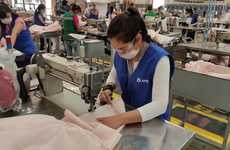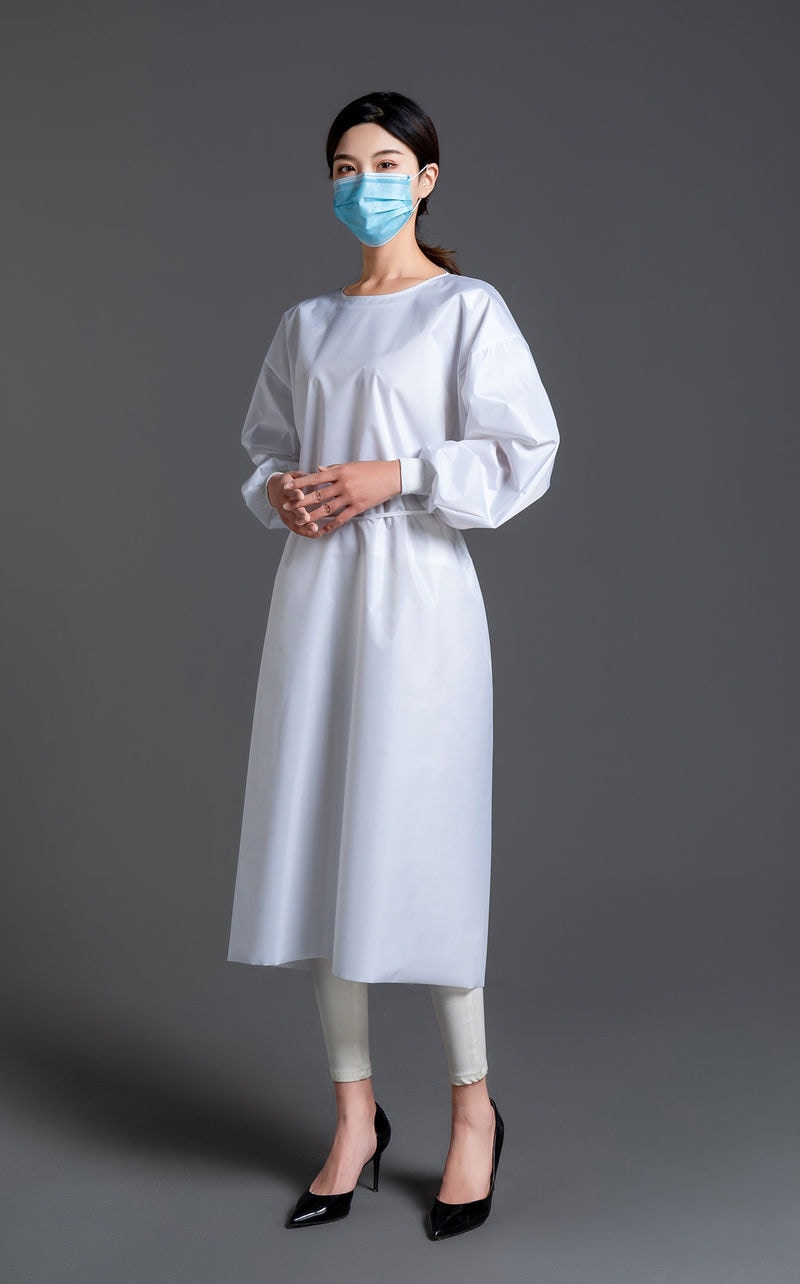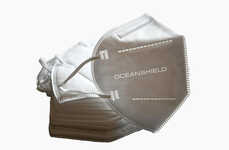
Global Protective Gear Made Reusable Gowns with an Alternative Textile
Laura McQuarrie — April 24, 2020 — Lifestyle
References: globalprotectivegear & prnewswire
To address the fact that the primary raw material for making the non-woven fabric for gowns is in short supply, Global Protective Gear developed an innovative new material for making isolation gowns. The lightweight Global Protective Gear Isolation Gown is made with an alternative textile—polyester fabric coated with waterproof material. Since the material is based on actual fabric, the gowns can be washed and reused a limited number of times. As a result, this solution is not only cost-effective but also but helpful for making sure there's adequate protective gear to go around.
Now, Global Protective Gear is supplying a million isolation gowns weekly to hospitals and medical facilities around the world. As well as addressing the current need for AAMI Level 1 or AAMI Level 2 isolation gowns, Global Protective Gear is establishing a new facility for the creation of AAMI Level 3 and 4 gowns.
Image Credit: Global Protective Gear
Now, Global Protective Gear is supplying a million isolation gowns weekly to hospitals and medical facilities around the world. As well as addressing the current need for AAMI Level 1 or AAMI Level 2 isolation gowns, Global Protective Gear is establishing a new facility for the creation of AAMI Level 3 and 4 gowns.
Image Credit: Global Protective Gear
Trend Themes
1. Reusable Isolation Gowns - The development of alternative textiles for making reusable isolation gowns creates an innovative opportunity for sustainable and cost-effective protective gear.
2. Waterproof Coating Technology - Advancements in waterproof coating technology can revolutionize the way medical protective gear is made and used.
3. Localized Protective Gear Manufacturing - The establishment of new facilities for producing protective gear can create new opportunities for local manufacturing and supply chains.
Industry Implications
1. Healthcare - The healthcare industry can benefit from the development of cost-effective and sustainable protective gear.
2. Textile Manufacturing - Innovations in textile production and waterproof coating technology can create new opportunities for the textile manufacturing industry.
3. Supply Chain Management - Localized manufacturing of protective gear can disrupt traditional supply chain models and create new opportunities for supply chain management.
5.8
Score
Popularity
Activity
Freshness
























